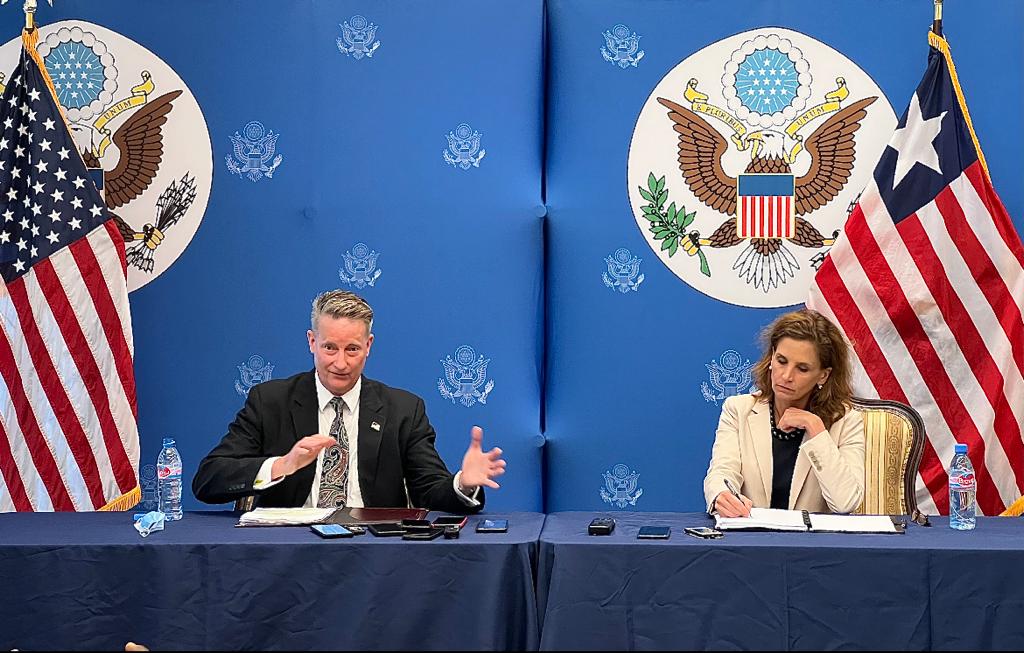The United States government has strengthened its stand with victims of civil wars-era crimes in Liberia by signaling firmly its support for a war crimes court to deliver righteous justice and to foster resilient peace and stability in the country.
Liberia, a small country in West Africa with one of the most horrifying civil wars in the 1990s has not prosecuted anyone for the grave crimes committed during its two armed conflicts and has yet to establish a war crimes court that the country’s Truth and Reconciliation Commission (TRC) recommended in 2009.
Judicial authorities in the United States, Belgium, France, Finland, and the United Kingdom have pursued criminal cases related to Liberia’s civil wars in recent years, often spurred by civil society push.
Liberians have waited long enough for justice and accountability for abuses suffered during the 1990s -2000s civil wars and justice through democracy is yet to shine bright on the victims and their families.
Many Liberians in Liberia and other parts of the world have made their voices heard on this critical matter but have been left with mounting confusion as to why the international community, International democratic partners, the United Nations and especially Liberian historical partner and ally, the United States of America have been playing, “the get-set, ready-without a go” game.
Liberians are confused as to why the arrest and prosecution of War Crime Criminals both in and out of government have been placed on the back burner.
According to Aaron Weah, a researcher from Africa Transitional Justice Network, corruption plays a huge part in delaying war crime justice in Liberia. Other researchers conclude that clientelism and deeply rooted tribalism play a huge part in political actors’ pushback on war crime justice in the country.
Those in government today who are corrupt have developed “a pathway” to delaying War crime justice. These war crime criminals, like Prince Y. Johnson, Isaac W. Nyenabo, George Boley, and Benoni Urey among others that are in and out of government recognized that because they are among individuals that committed, aided, and abetted some of the most unspeakable crimes in human history during the civil war in Liberia, they hide behind “presidential appointment, elected office and strong opposition parties” to protect themselves from both domestic and international prosecution.
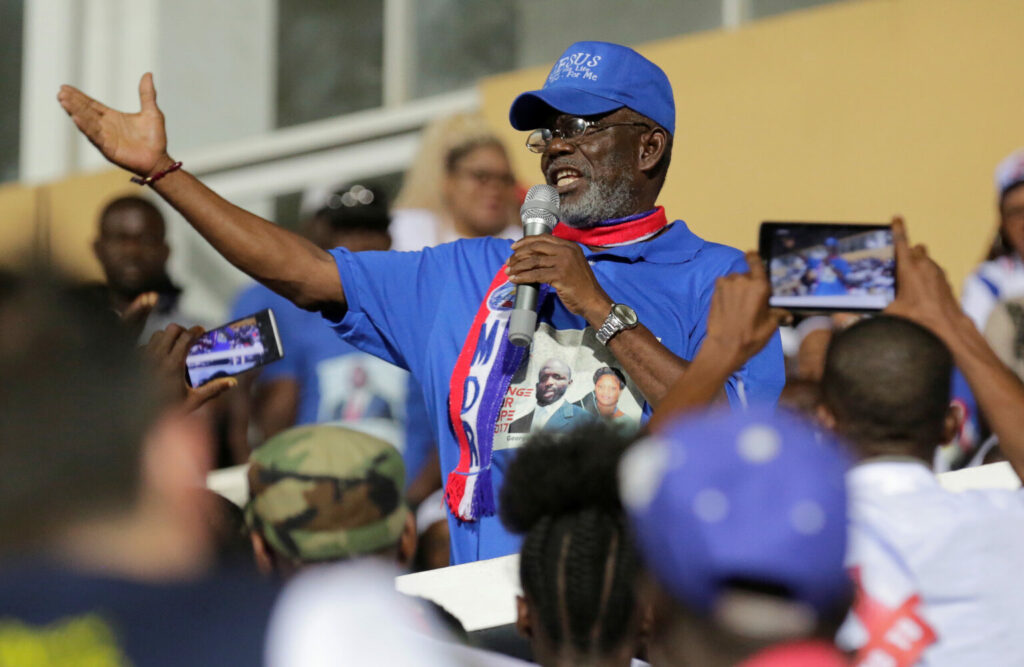
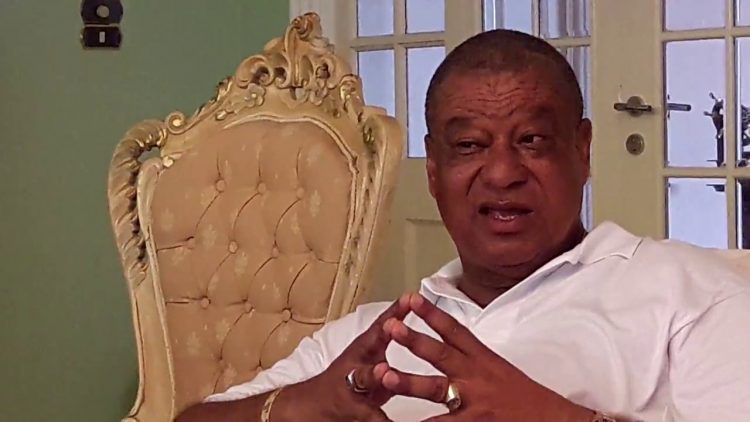


Many Liberians and ordinary citizens from around the world that believe in justice and democracy say that the US government now has the opportunity to stand firmly with victims of atrocities committed in Liberia’s wars by assisting the grassroots organizations and taking Liberia’s war crime cases for justice on the international stage as they are doing for Ukraine so that the possibilities for the establishment of a war crimes court can become a reality.
During the armed conflicts from 1989-96 and 1999-2003, Liberian women and children suffered widespread violations of international human rights and humanitarian law such as mass killings, rape, and other forms of sexual violence. Liberia young and adult males who refused to join the war or were from “disliked tribes” were subject to summary executions, mutilation and torture, and use as combatants.
The US government has played a pivotal role in fostering accountability in West Africa, including in the landmark trials of former Liberian President Charles Taylor by the Sierra Leone Special Court and of the former Chadian President Hissène Habré in Senegal but this achievement in justice has not been replicated to the others.
Skeptical Liberian believe Western Countries, especially the United States of America do not have the international judicial appetite to go after these war crime criminals because they (present war crime criminals in Liberia and abroad) are not at the top of their picking order and as such would not send a “strong message” and assist their “democratic change agenda”.
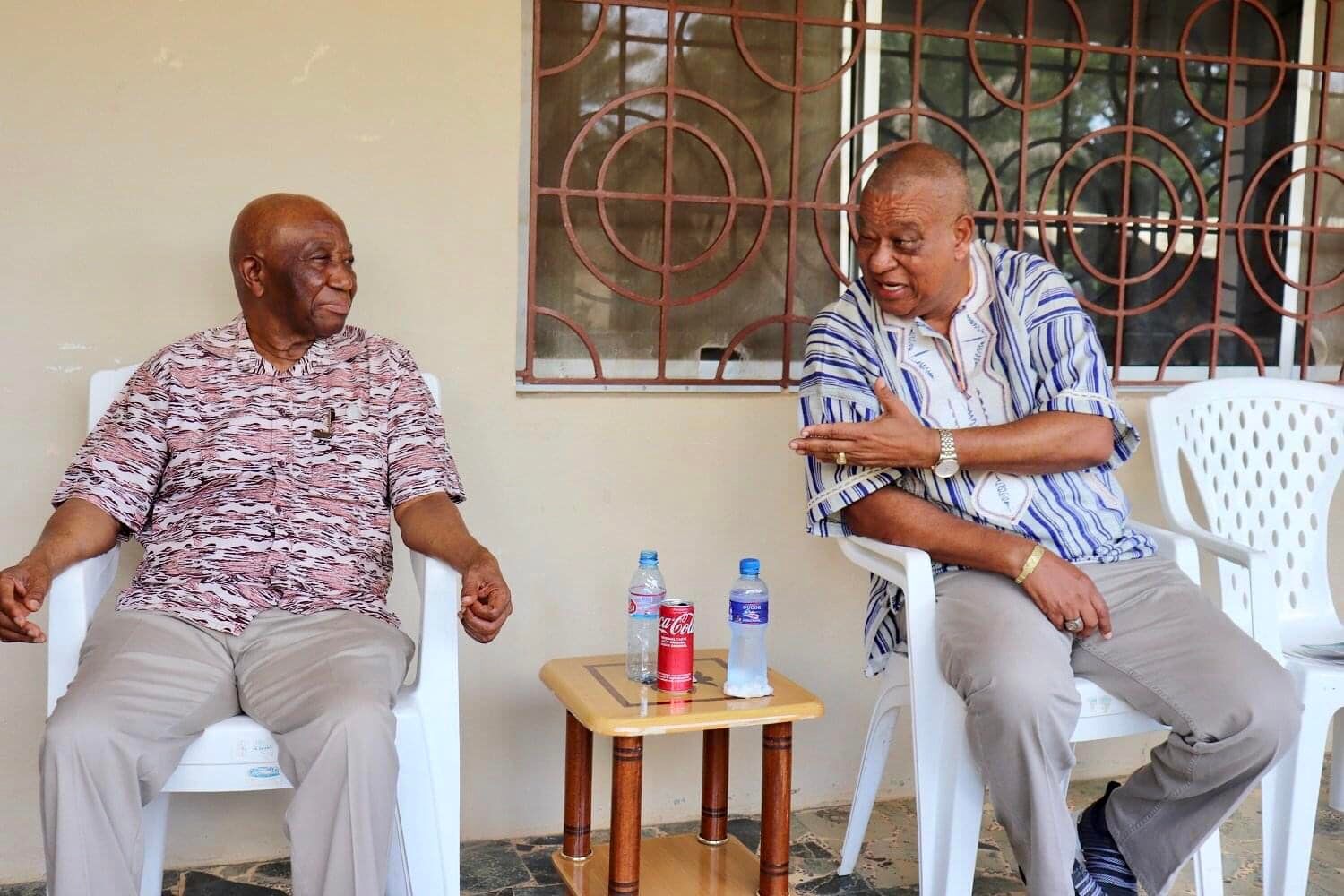
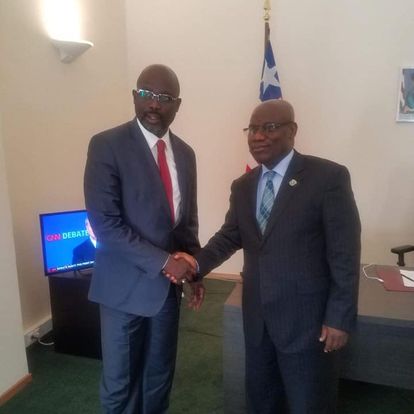
Benoni Urey has placed himself for protection from prosecution within the opposition Unity Pary headed by Joseph N. Boakai while Isaac W. Nyebabo continues to remain under President Weah’s appointment protection as Ambassador to the European Union and the Benelux Countries
Criminal accountability for civil wars-era atrocities has widespread support in Liberia, despite the US government’s delay. Individuals, families of the victims, and activists have peacefully marched in the streets of the capital, Monrovia multiple times in recent years calling for accountability and demanding the creation of a war crimes court.
The Liberian National Bar Association added its support for a war crimes court in April 2019.
The Traditional Chiefs Council and the National Economic Dialogue – attended by 350 Liberians, including members of the government, political parties, youth, and civil society – backed the establishment of a war crimes court in September 2019.
In addition, more than 50 members of Liberia’s House of Representatives have endorsed a resolution backing a war crimes court for Liberia.
On October 6, 2022, the US Embassy to Libera welcomed Dr. Beth Van Schaack, U.S. Ambassador-at-large for Global Criminal Justice. Ambassador Van Schaack advises the U.S. government on preventing and responding to atrocity crimes, including war crimes, crimes against humanity, and genocide. According to the US communication, Ambassador Van Schaack held discussions with Liberians on how the U.S. and Liberia can partner to support human rights and justice for all.
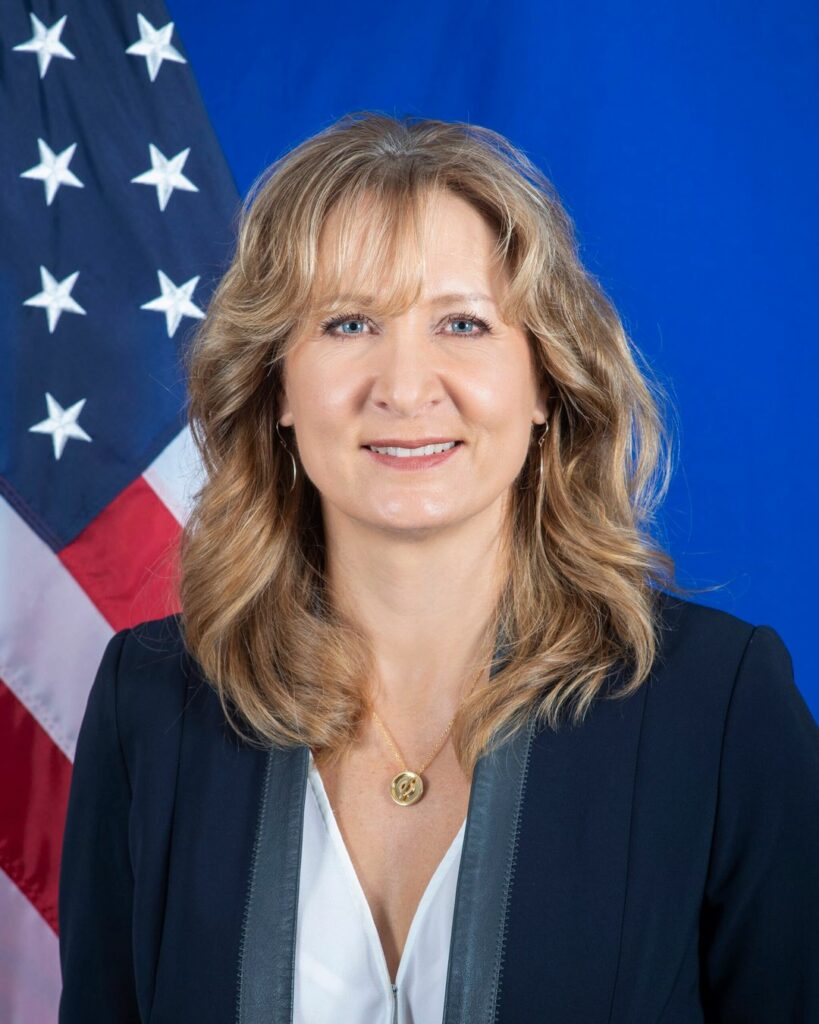
“Accountability for Liberia’s past crimes has been limited to cases abroad,” said Hassan Bility of the Global Justice and Research Project and the Secretariat for the Establishment of a War Crimes Court in Liberia. “Liberia needs a dedicated war crimes court so that victims have greater access to justice for the crimes committed against them and a fuller scope of perpetrators can be held to account.”

